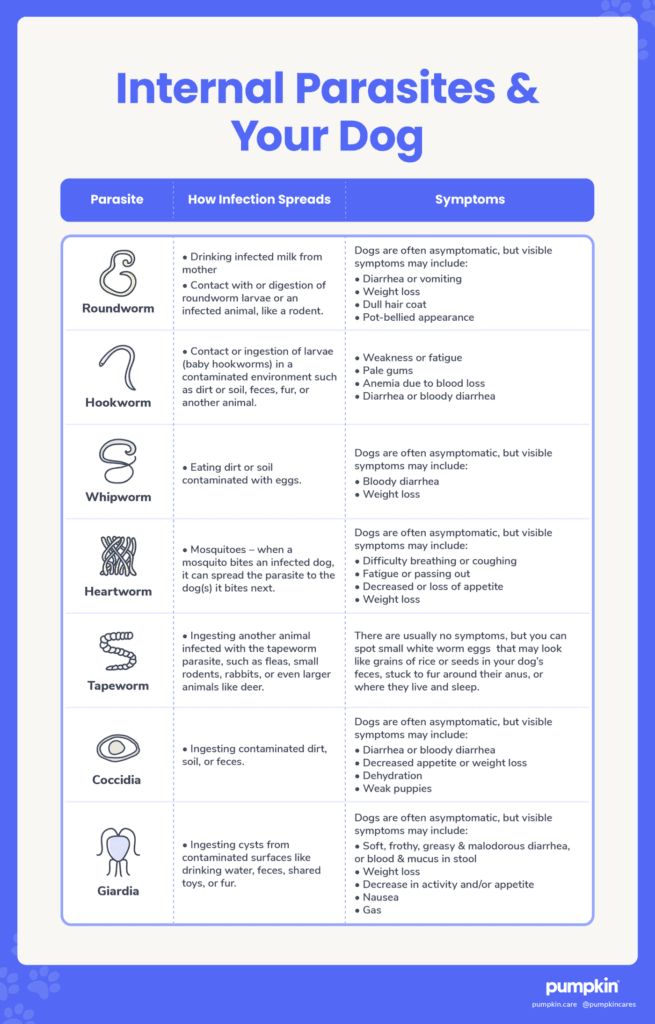The bond between humans and their dogs is profound, often transforming canine companions into cherished family members. This deep connection involves shared activities, living spaces, and, sometimes, an unintentional exchange of parasites. A common and important question among pet owners is: “Can humans get worms from dogs?” Understanding this risk is vital for safeguarding the health of both pets and their human families. This guide, drawing on expertise in pet care, aims to provide clear information to help you prevent parasitic infections.
Understanding Parasite Transmission
Parasites, including various types of worms, can indeed transfer from animals to humans. Recognizing the pathways of transmission is the first critical step in effective prevention.
Direct Contact with Contaminated Feces and Soil
One of the primary routes for worm transmission from dogs to humans involves direct contact with infected feces or contaminated soil. When a dog harbors intestinal worms, their feces can contain worm eggs or larvae. If a person, particularly a child who may play in yards or parks, comes into contact with this contaminated material and subsequently touches their mouth or handles food without proper handwashing, infection can occur.
Ingestion of Contaminated Food or Water
Worm eggs can contaminate water sources or food items that have been exposed to infected feces or soil. Consuming such contaminated food or water is another significant way humans can contract worm infections from their canine companions.
Common Worms Transmissible from Dogs to Humans
Several types of intestinal parasites that infect dogs can also pose a risk to human health. Awareness of these common culprits is key to prevention and early detection.
- Roundworms (Toxocara canis): These are among the most frequently transmitted worms. In humans, roundworm larvae can migrate through the body, a condition known as visceral larva migrans. This migration can potentially cause damage to various organs, leading to serious health complications if left untreated.
- Hookworms (Ancylostoma caninum): Hookworms are another parasite that can infect humans, typically causing cutaneous larva migrans. This manifests as intensely itchy, raised red tracks on the skin as the larvae burrow and move beneath the surface.
- Tapeworms (Dipylidium caninum): While less common, humans can acquire certain types of tapeworms from dogs, most often through the accidental ingestion of an infected flea that carries tapeworm larvae.
Essential Prevention Strategies for Pet Owners
Protecting your family and pets from parasitic infections requires a multifaceted approach encompassing good hygiene, consistent pet care, and diligent environmental management.
Regular Veterinary Check-ups and Deworming
Maintaining a consistent schedule of veterinary visits and deworming treatments for your dog is paramount. Professional veterinary advice ensures your dog receives appropriate preventative care tailored to their age, lifestyle, and regional parasite risks.
Diligent Personal Hygiene Practices
Washing hands thoroughly and regularly, especially after interacting with your dog, handling their waste, gardening, or before preparing and eating food, is a simple yet highly effective preventive measure. Educating children on the importance of handwashing is equally crucial.
Maintaining Environmental Cleanliness
Promptly cleaning up after your pet and ensuring a clean living space for both pets and family members significantly reduces the potential for worm eggs to contaminate your home and yard. Regular cleaning of pet bedding and areas where pets frequently rest also contributes to a healthier environment.
When Professional Veterinary Consultation is Necessary
If you notice any signs that suggest your dog may have a worm infestation, seeking immediate professional veterinary care is essential. Common symptoms in dogs can include visible worms in their stool, unexplained weight loss, a distended or bloated abdomen, lethargy, or noticeable changes in appetite. Early detection and treatment are key to your pet’s well-being and also help prevent potential transmission to humans.
Protecting the health of your entire family, including your beloved dog, is a shared responsibility. By understanding the risks and implementing consistent preventive measures, you can significantly minimize the chances of parasitic infections.
Internal Links:
- puppy can t get rid of giardia
- can people get round worms from dogs
- giardia in dogs how do they get it
References:
- Centers for Disease Control and Prevention. (2023). Parasites – Roundworm. https://www.cdc.gov/parasites/roundworms/
- American Veterinary Medical Association. (n.d.). Intestinal Parasites. https://www.avma.org/resources-tools/pet-owners/petcare/intestinal-parasites

